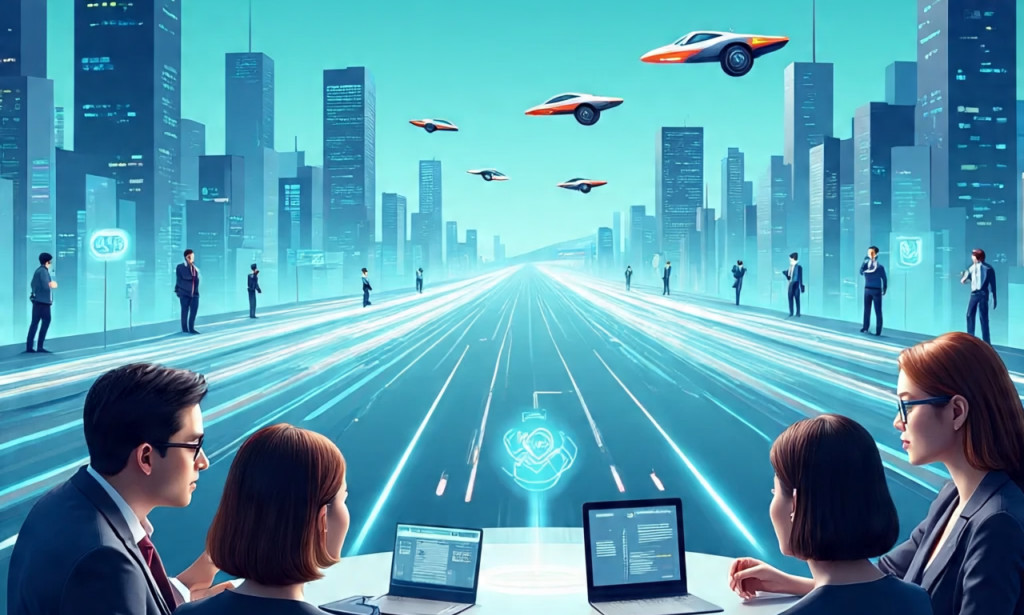Artificial intelligence (AI) is transforming industries and revolutionizing the way we live and work. From virtual assistants to self-driving cars, AI is becoming increasingly integrated into our daily lives.
*Current Applications*
AI is being used in various sectors, including:
- *Healthcare*: AI-powered diagnostic tools can analyze medical images and detect diseases more accurately and quickly than human doctors. For example, AI algorithms can detect breast cancer from mammography images, helping doctors diagnose patients earlier and more accurately.
- *Finance*: AI algorithms can analyze financial data and make predictions about market trends, helping investors make informed decisions. AI-powered chatbots are also being used to provide customer support and help with transactions.
- *Customer Service*: Chatbots and virtual assistants are being used to provide 24/7 customer support and improve customer experience. Many companies are using AI-powered chatbots to handle customer inquiries, freeing up human customer support agents to focus on more complex issues.
- *Education*: AI-powered adaptive learning systems can personalize education and improve student outcomes. These systems use machine learning algorithms to adjust the difficulty level of course materials based on individual students' performance.
*Emerging Trends*
Some of the emerging trends in AI include:
- *Explainable AI*: Techniques that provide transparency and interpretability in AI decision-making. Explainable AI is essential for high-stakes applications, such as healthcare and finance, where understanding AI decisions is crucial.
- *Edge AI*: AI that runs on edge devices, such as smartphones and smart home devices, rather than in the cloud. Edge AI enables faster processing and reduces latency, making it ideal for real-time applications.
- *AI Ethics*: The development of AI systems that are fair, transparent, and respectful of human values. AI ethics is becoming increasingly important as AI becomes more pervasive in our lives.
*Future Possibilities*
As AI continues to evolve, we can expect to see potential breakthroughs in areas such as:
- *Natural Language Processing*: AI systems that can understand and generate human-like language. Future advancements in NLP could enable more sophisticated chatbots and virtual assistants.
- *Robotics*: AI-powered robots that can perform complex tasks and interact with humans. Robots are being used in manufacturing, healthcare, and logistics, and future advancements could enable more widespread adoption.
- *Autonomous Systems*: Self-driving cars and drones that can navigate and make decisions on their own. Autonomous systems have the potential to transform industries such as transportation and logistics.
However, AI development also raises challenges, such as:
- *Job Displacement*: The potential for AI to automate jobs and displace human workers. While AI may automate some jobs, it could also create new opportunities for workers in emerging industries.
- *Bias and Discrimination*: The risk of AI systems perpetuating existing biases and discriminatory practices. Developers must prioritize fairness and transparency in AI decision-making to mitigate these risks.
*Conclusion*
Overall, AI has the potential to transform industries and improve our lives. As AI continues to evolve, it's essential to prioritize responsible development and deployment. By addressing the challenges and opportunities presented by AI, we can ensure that AI benefits society as a whole


You must be logged in to post a comment.